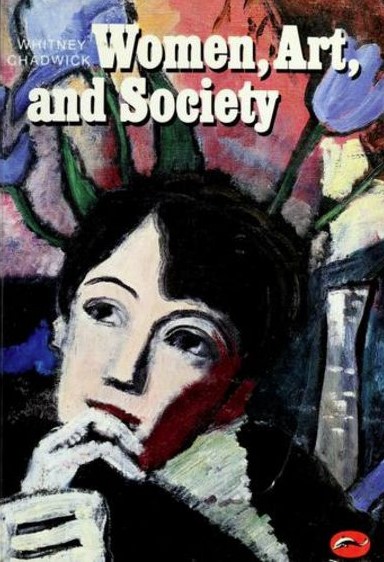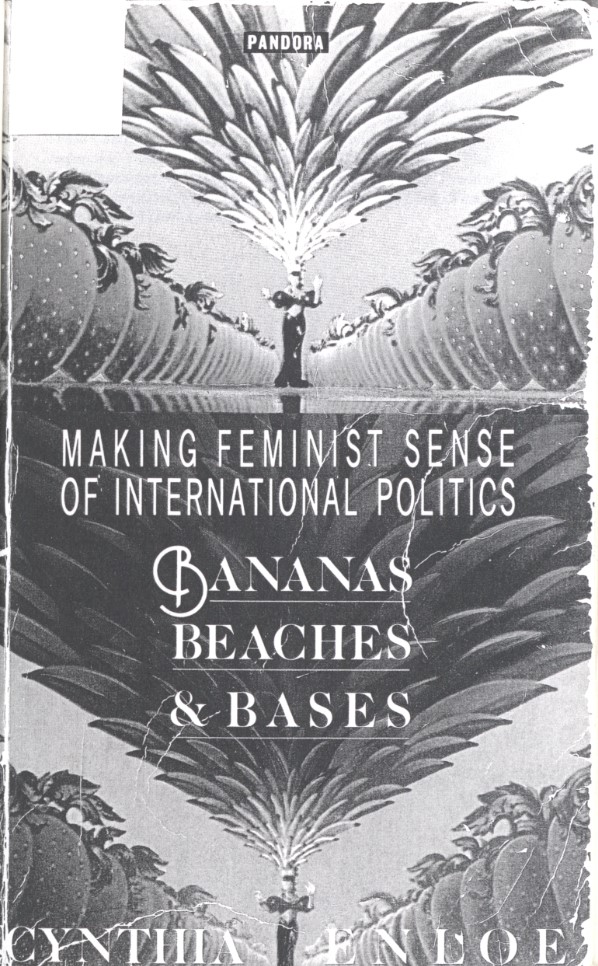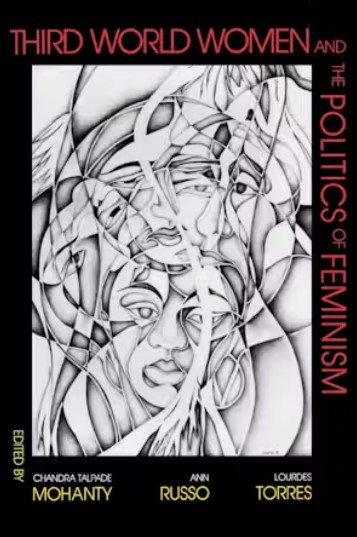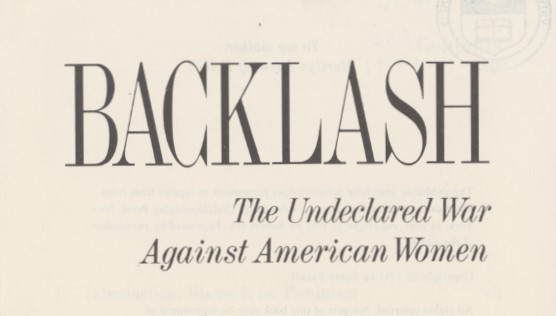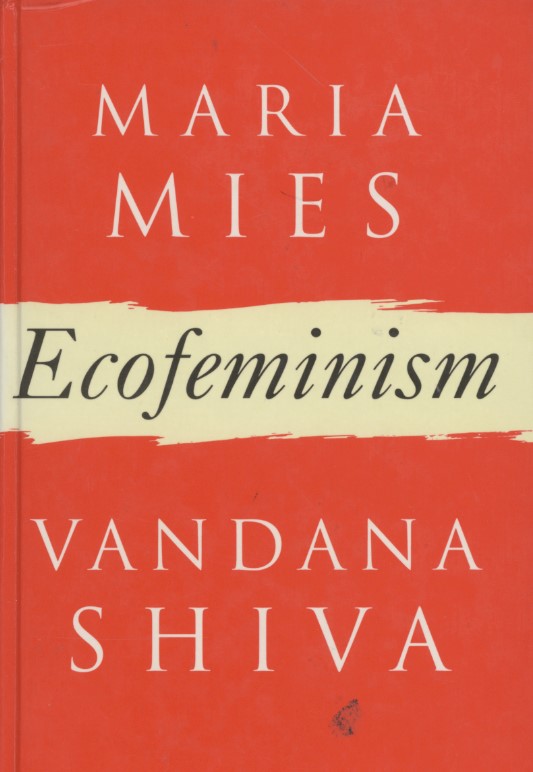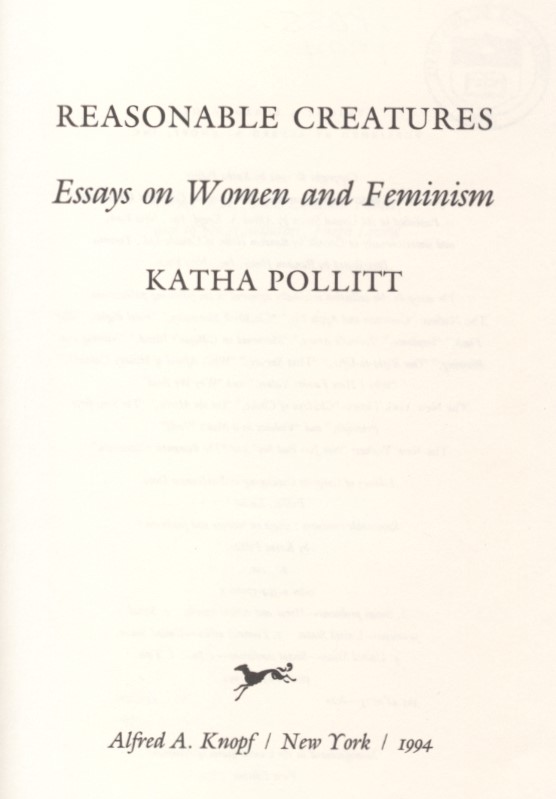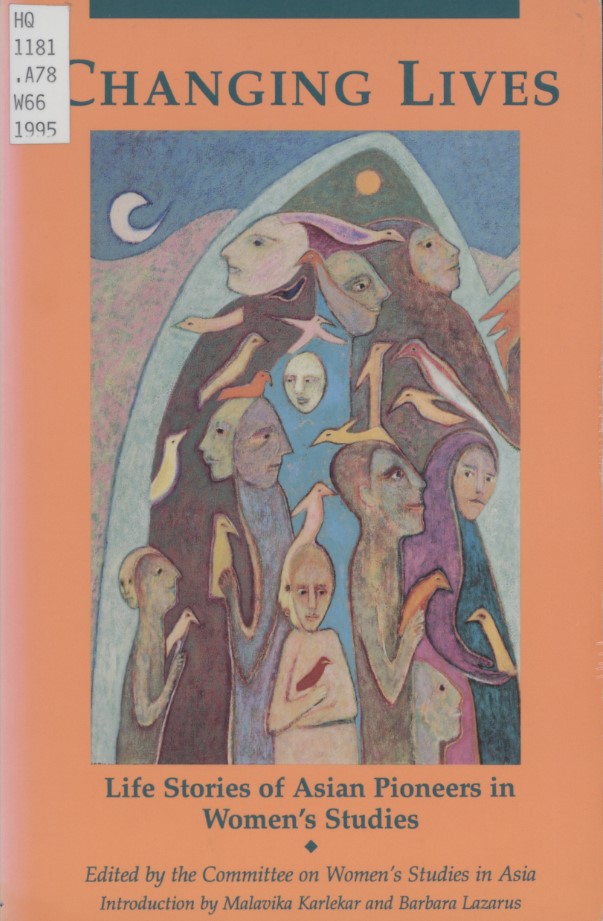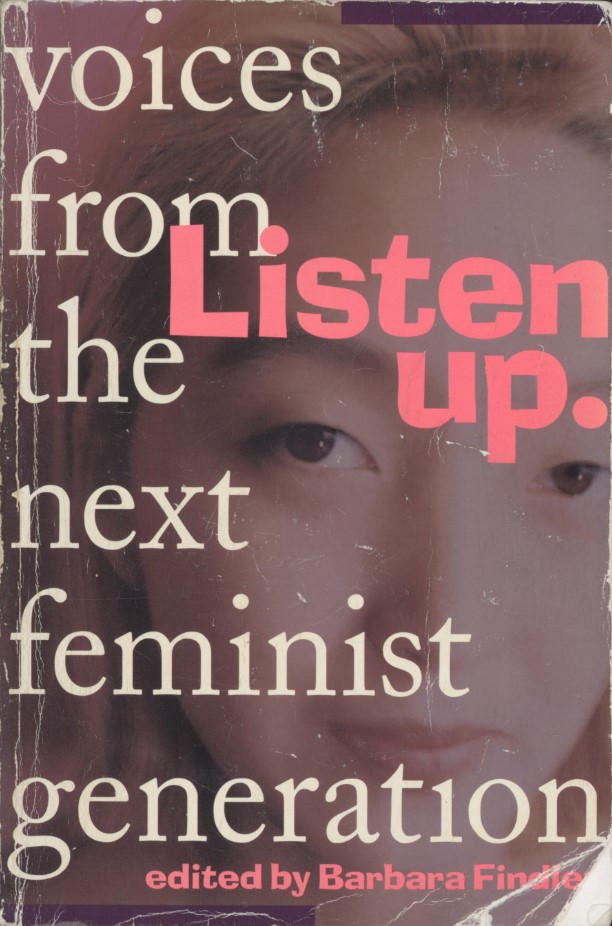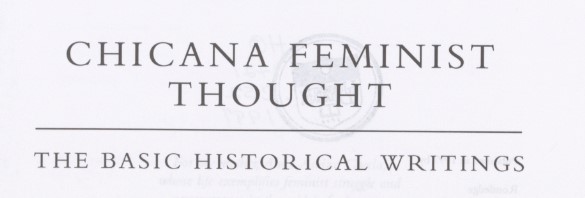[21] Women, Art, and Society
Samantha Burke: Name a famous artist from almost any century. How many women come to mind? One? Two? When you hear the word “artist,” what do you picture—a man standing at an easel, painting a naked and prone woman? This is no coincidence. In Women, Art, and Society, Whitney Chadwick, an American academic, did more than give prominence to a variety of women artists erased from the historical record; she also explained why they were ignored and forgotten. This meant examining the politics of reputation-building—how art history and the art marketplace conspired to exclude women creators and their works. Her study made readers understand why they thought of women as models, never as the ones holding the pencil or paintbrush.
.
.
.
.
[22] Bananas, Beaches and Bases: Making Feminist Sense of International Politics
Matthew Mestre: Although she was a pioneer in bringing feminist perspectives to the academic fields of Political Science and International Relations, Cynthia Enloe has always tried to reach a broader audience and to explain the workings of the world we live in. This study revealed how militarism, war, and relations among nations have depended on narrow concepts of masculinity and enforced the subordination of women. Although she followed it with many other important books, Bananas, Beaches and Bases has remained a classic, reissued and updated in 2014. It sheds light on how gender and power worked together in the past to exclude women from actual political decision-making, while using women symbolically and exploiting their bodies, and why this continues in the present.
.
.
.
.
.
[23] Third World Women and the Politics of Feminism
Caleb Beardsley: Feminism is often characterized by “waves” and viewed in a U. S. context. In this anthology, Chandra Talpade Mohanty—the preeminent authority on transnational and postcolonial feminist theory—and her co-editors, Ann Russo and Lourdes Torres, challenge that Western-centric narrative and attempt to decolonize feminism. The essays here by American feminists of color and women of the Global South explore the complexity of feminist thought and action in a transnational context, examining how resistance against colonialism, imperialism, racism, and other forms of structural oppression have been and must continue to be defining features of feminism, though especially for those living in what has been called the “Third World.” This collection is still a valuable guide to a global movement.
.
.
.
.
[24] Backlash, The Undeclared War Against American Women
Natasha Crespo: Using a blunt, factual tone in keeping with her experience as a journalist—she won a Pulitzer Prize for journalism in 1991—Susan Faludi educates readers about American women’s ongoing fight for equality. From pressure placed on middle-class women in the 1950s and 1960s to seek marriage instead of higher education, to workplace discrimination against women pursuing careers in the 1980s, the common theme has been to blame feminism for disrupting traditional gender norms. Faludi uses the word “backlash” in every chapter to describe the strong opposition faced by women who wanted or needed more than domestic life. Her accounts of these late-twentieth century struggles encourage us to recognize the backlash against women’s rights still occurring today.
[25] Simians, Cyborgs, and Women: The Reinvention of Nature
Angela Hoyle: A Women’s Studies professor and scientist, Donna J. Haraway questioned the notion that knowledge is ever “objective” and also became famous for her 1985 essay, “Manifesto for Cyborgs.” In this later book, she employed concepts drawn from biology, philosophy, and technology to challenge the idea of a fixed, natural order. For her, the simian (monkey) is a figure of human development—one that counters patriarchal, Eurocentric viewpoints and makes us reconsider what it means to be human. Haraway also discusses cyborgs as hybrid beings blurring the lines between humans and machines, while symbolizing identities beyond conventional categories of gender, race, and sexuality. For her, “woman” is a social construct and one that can and should be reimagined.
[26] Ecofeminism
Liz Savarese: With the German sociologist Maria Mies, Vandana Shiva—a well-known environmental activist in India and an opponent of globalization that ignores traditional communities’ preservation of the natural world—created this volume. It was among the first to promote the importance of ecofeminism as both a theory and a movement. The essays cover a variety of topics, from the horrific prospect of nuclear warfare to the dangers of masculinization in the social and natural environments. They not only discuss parallels between threats to women and to Nature in male-dominated societies, but they call on readers for positive action in response. This work has become a handbook for feminist environmentalism, with special relevance to the Global South.
.
.
.
[27] Reasonable Creatures: Essays on Women and Feminism
Emily Myers: As a journalist and commentator writing regularly for The Nation, Katha Pollitt has ensured that the insights of academic feminism reach readers everywhere. This collection of her essays from 1986 to 1994 covers a range of topics including reproductive justice, violence against women, menopause, and Hillary Clinton, among others. Her sharp wit is unmistakable as she skewers the media and the U.S. justice system for blaming women for their victimization, points out that marriage and motherhood are not always blissful for women—nor are they the right choices for all women—and addresses many social and political problems still unresolved today. Throughout the volume, Pollitt reminds her audience that women are, as she says, “human beings … no more, no less.”
.
.
.
[28] Changing Lives: Life Stories of Asian Pioneers in Women's Studies
Abigail DeMeo: Countering the idea that feminism and the field of Women’s Studies are only important in the West, this anthology allows thirteen academics from countries including Korea, China, the Philippines, Vietnam, and India to detail how and why their universities created programs and departments focused on feminist research. The essayists also talk about personal journeys—shaped by factors such as class privilege, civil war, and political conflict—into feminism through diverse individual lenses. Many discuss their process of questioning social structures and domestic life, while engaging in scholarship and activism on behalf of oppressed groups such as rape victim-survivors and impoverished women. Each contributor provides a unique perspective, depicting Asian forms of academic feminism both like and unlike Western ones.
.
.
.
.
[29] Listen Up: Voices from the Next Feminist Generation
Liz Savarese: This collection, edited by Barbara Findlen and produced by Seal Press—a publishing firm founded in 1976 specifically to highlight writing by women of color—contains short memoirs by Third Wave feminists. The authors tell a variety of personal stories about their diverse cultural backgrounds, educational experiences, careers, sexualities, and various forms of activism, to explain what shaped their identities as feminists. Their topics range from societal beauty standards to more serious issues, such as sexual abuse and many others. Through these challenging and sometimes touching narratives, readers see what late-twentieth-century feminists accomplished, but also how much work for social justice still needs to be done.
.
.
.
.
[30] Chicana Feminist Thought: The Basic Historical Writings
Fey Figueroa: The essays, personal narratives, poems, documents, and reports gathered in this volume by Alma M. García, a professor of Sociology, preserve the history of the Chicana feminist movement of the late 1960s and 1970s. Although the writers represented included activists who never became famous, many of the contributors were important literary figures, such as Ana Castillo, Carla Trujillo, Gloria Anzaldúa, and Cherríe Moraga. Among the topics discussed in this book were oppression, machismo, education, politics, and women’s rights, as well as conflicts with white Second Wave feminists. Today, this collection remains an invaluable source of information about Latinx feminism and is especially powerful and inspiring for Mexican American women exploring their own activist heritage.

